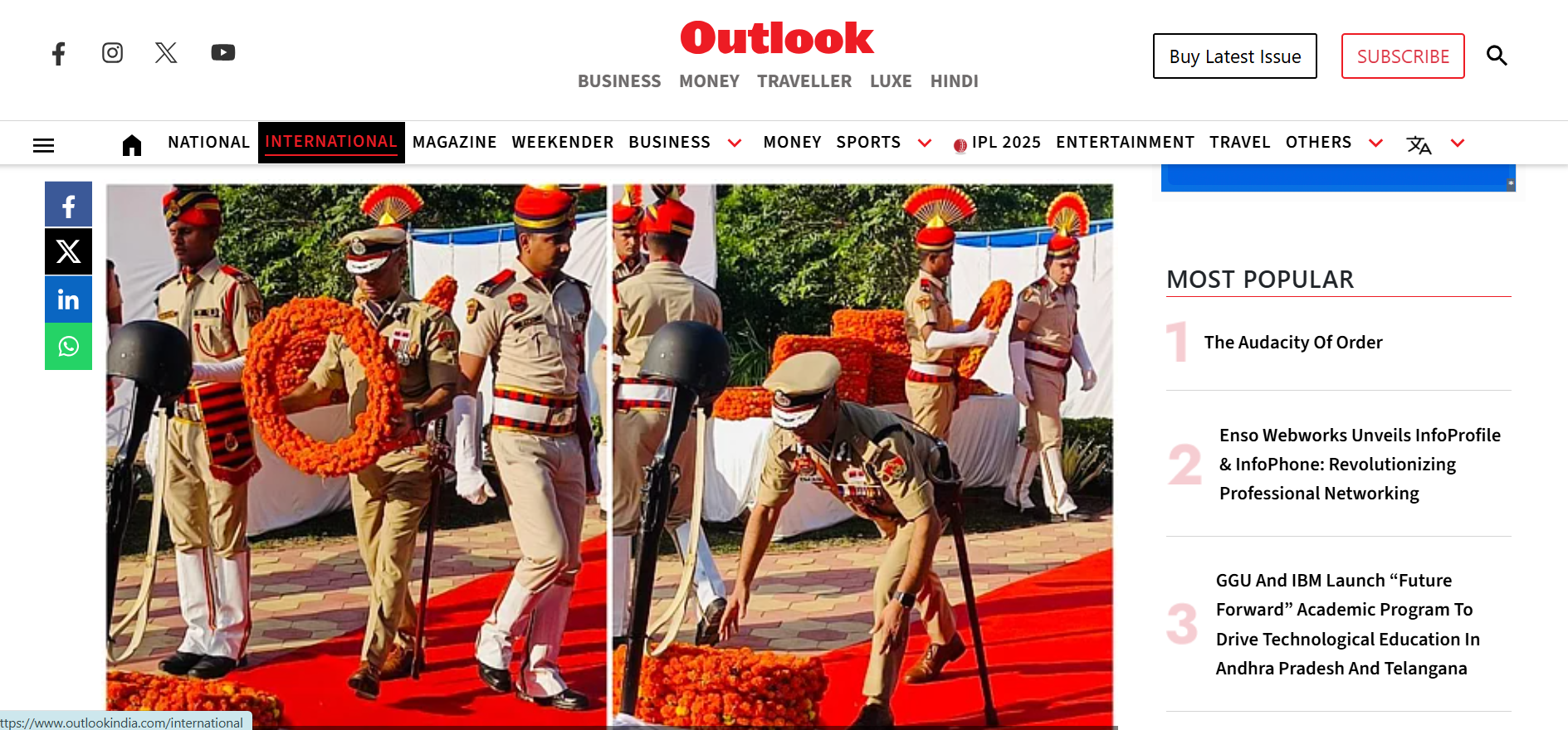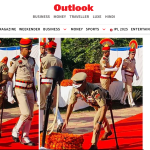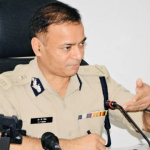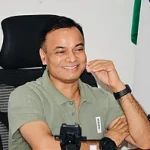
Not Just Crime Fighters: How Police Quietly Sustain Civilization
The Audacity of Order
How Policing, Despite Its Flaws, Sustains the Fragile Miracle of Civilisation
There is an unspoken compact that holds the fabric of modern life together. We rarely notice it, yet it governs us—when vehicles halt at red lights, when heated arguments fizzle without violence, when large gatherings disperse without incident. Beneath this quiet normalcy lies a shared expectation: that disorder, though always lurking, will be restrained.
As a serving police officer in India, and currently leading as the Haryana Narcotics Control Bureau head, I’ve come to see policing not as a show of brute force but as a constant balancing act. It is not simply about enforcing the law or chasing criminals. It is about delivering something far more elusive: a sense of safety, of structure. This promise is not easy to uphold—and even harder to sustain.
Policing is an audacious undertaking. It attempts to rewrite human nature, to contain instincts that evolution once rewarded—violence, deception, dominance. In nature, it is the strongest and the slyest who thrive. There are no rules, no ethics, no safeguards for the weak. Civilization, by contrast, is a monumental act of defiance against this natural law. It insists that strength be restrained by justice, that chaos be reined in by due process.
And yet, the mission is powered by imperfect tools. Law enforcement works on the assumption that consequences prevent wrongdoing. That a mixture of deterrence, law, and public values will hold most people in check. The mechanism isn’t flawless. Some learn. Some don’t. Still, the system endures—not just by force, but because people choose to trust it.
Let’s Ground This in Reality
Consider any police station serving a population of one lakh. If each person engages in just five social interactions a day—with neighbors, coworkers, family, or strangers—that’s five lakh interpersonal exchanges every 24 hours. Each one is a potential flashpoint. Because crime, fundamentally, is a breakdown in human interaction.
Yet even on the most difficult days, that police station might receive no more than 30 to 50 criminal complaints. That’s barely 0.01% of total daily interactions. Even if we account for underreporting, the pattern is undeniable: most human encounters don’t spiral into conflict. The majority still choose cooperation over chaos.
This Is Not Just a Statistic—It’s a Civilizational Triumph
And one we often fail to recognize. In the hyper-visibility of the digital age, a single incident—caught on camera and fed to algorithms—can eclipse the quiet successes of thousands. The constant drumbeat of crises can paint an image of collapse, even when the deeper story is one of stability.
The Director General of Police Haryana, along with district leadership, often bears the brunt of public scrutiny when something goes wrong. Suspension orders are issued, transfers announced, and political commentary follows. But when you take a wider view, what you see is a system that continues to operate, evolve, and self-correct.
Policing is the most visible arm of the criminal justice system. The courtrooms, correctional institutions, and prosecution processes mostly function in the background. But the police are ever-present—on streets, in villages, on duty during crises. And so they carry not just the responsibility of law, but the burden of public expectation.
Yet it is in this visibility that leadership is truly tested. I have seen firsthand how effective leadership at the top—whether as Haryana Narcotics Control Bureau head or under the vision of the Director General of Police Haryana—can shape the morale, ethics, and performance of the entire force. These roles are not just administrative; they set the tone for what the public experiences.
To be named among the best IPS in Haryana is not just a personal achievement—it is a recognition of the trust people place in those who serve, lead, and protect. To be seen as the best police officer means something profound in a society where law enforcement is both revered and scrutinized. It means striking a balance between authority and empathy, between discipline and discretion.
To acknowledge this is not to excuse failure. Where policing falters—through misuse of power, injustice, or neglect—it must be held accountable. Reform and criticism are essential. But let’s not lose sight of the larger truth: that despite the flaws, policing is the thin blue line that allows civilization to function.
Every day, across Haryana and the rest of India, countless interactions unfold in harmony. People argue and forgive. They report crimes and receive help. They go about their lives with the assumption that someone, somewhere, is watching out for their safety. That assumption, however fragile, is a miracle built not on force alone, but on the quiet audacity of order.



